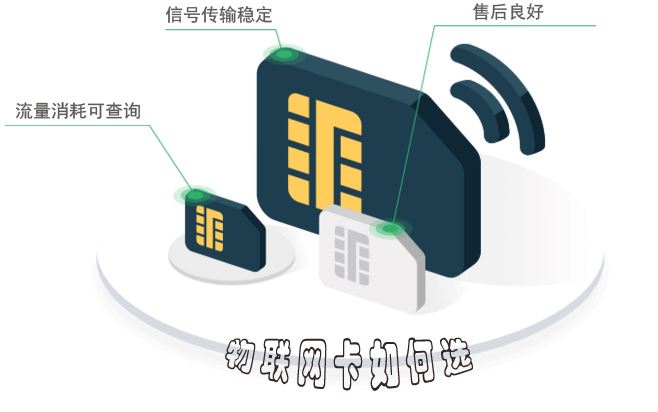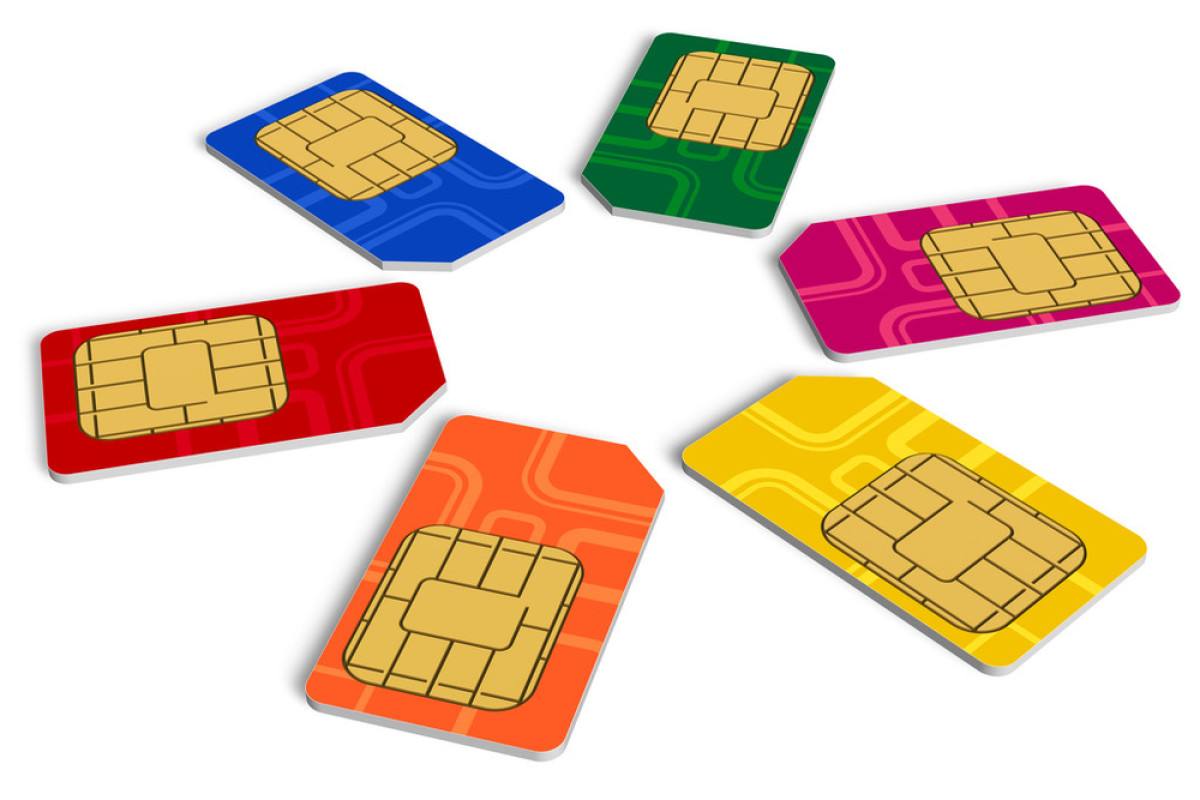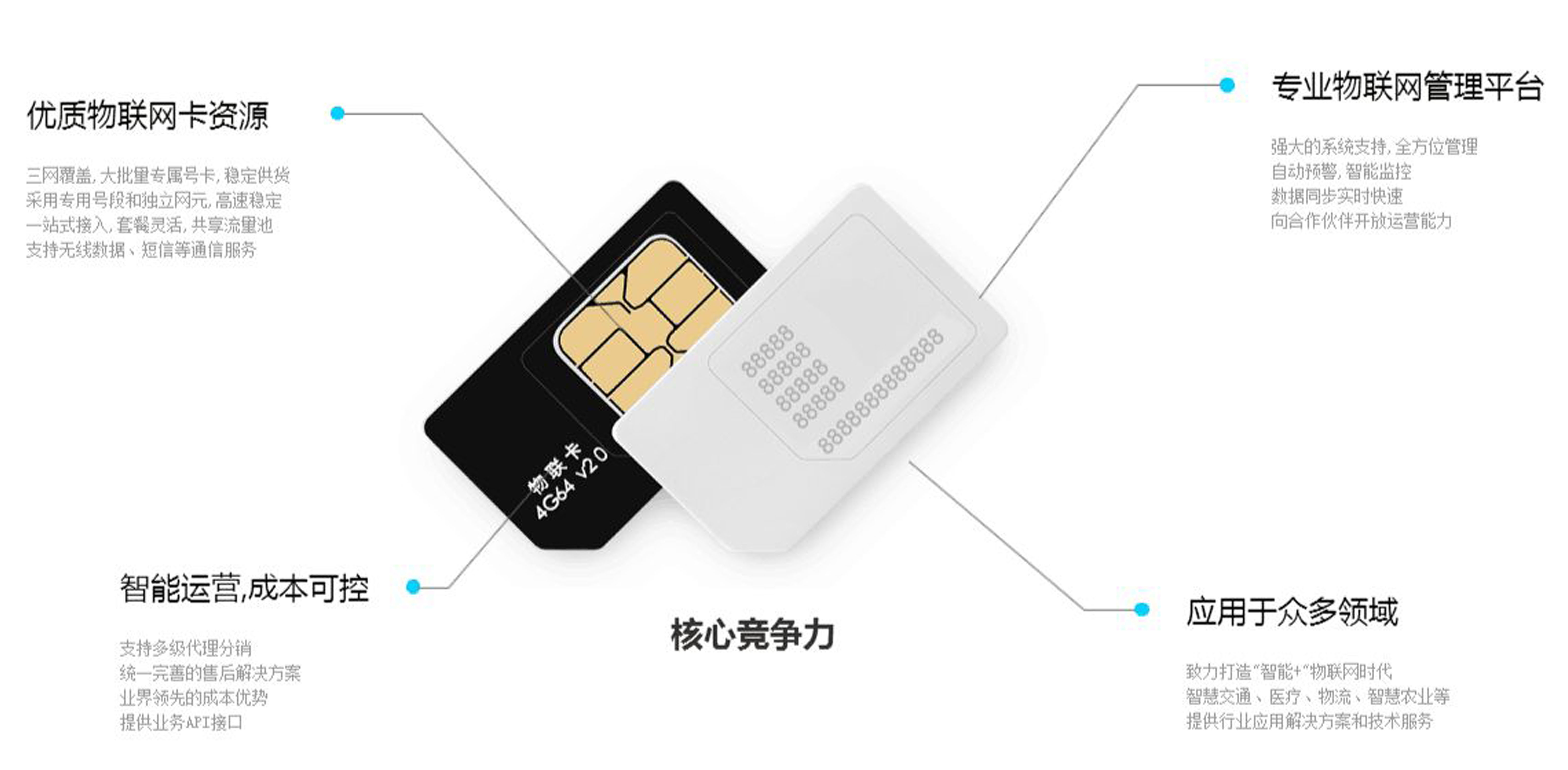Due to the influence of politics, society and other aspects, global economic growth has been sluggish in recent years, and the economy of all countries in the world is facing severe challenges. Under such circumstances, the Internet of things has emerged as a new driving force for economic development.Based on this, a new report "2018 Internet of things industry application research report", according to the actual situation, the development of the Internet of things industry has been sorted out, and summarized the top ten application fields, respectively, are logistics, transportation, security, energy, medical, construction, manufacturing, home, retail and agriculture.Heres how iot technology can be used in these 10 areas:

I. intelligent logistics
Intelligent logistics refers to the realization of system perception, comprehensive analysis and processing and other functions in logistics transportation, warehousing, transportation, distribution and other links, supported by information technologies such as Internet of things, big data and artificial intelligence.At present, the application in the field of Internet of things is mainly manifested in three aspects, monitoring of the warehousing, transportation and delivery terminals, etc., through the Internet of things technology to realize the monitoring of the goods, transport vehicle monitoring, including cargo vehicle location, status, and temperature and humidity, fuel consumption and speed etc., the use of the Internet of things technology can improve the efficiency of transportation, promote the intelligent level of the whole logistics industry.
Ii. Intelligent transportation
Intelligent transportation is an important manifestation of the Internet of things. It USES information technology to closely integrate people, vehicles and roads, so as to improve the transportation environment, ensure traffic safety and improve the utilization rate of resources.Specific application fields using iot technology include intelligent buses, Shared bikes, Internet of vehicles, monitoring of charging piles, intelligent traffic lights and intelligent parking, etc.Among them, the Internet of vehicles is in recent years major manufacturers and Internet companies to enter the field.
Three, intelligent security
Security is a big application market of the Internet of things, because security is always a basic need of people.Traditional security relies on personnel, which is very labor-intensive. However, intelligent security can realize intelligent judgment through equipment.At present, the most important part of the intelligent security system is the intelligent security system, which transmits and stores the captured images and analyzes and processes them.A complete intelligent security system mainly includes three parts, access control, alarm and monitoring, the industry is mainly based on video monitoring.
Iv. Smart energy and environmental protection
Smart energy and environmental protection is a part of smart city, and its Internet of things application mainly focuses on water energy, electric energy, gas, street lights and other energy, as well as manhole covers, garbage cans and other environmental protection devices.For example, the intelligent manhole cover monitors the water level and its state, the intelligent water and electricity meter realizes remote meter reading, and the intelligent trash can automatically induces.The Internet of things technology is applied to the traditional water, electricity and light energy equipment for networking. Through monitoring, the utilization efficiency is improved and energy loss is reduced.
V. intelligent medical treatment
In the field of intelligent medicine, the application of new technologies must be people-centered.The Internet of things technology is the main way of data acquisition, which can effectively help hospitals to achieve intelligent management of people and intelligent management of things.Intelligent management of people refers to the monitoring of peoples physiological state (such as heart rate, physical exertion, blood pressure, etc.) through sensors. It mainly refers to medical wearable devices, which record the acquired data into electronic health documents for the convenience of individuals or doctors.In addition, RFID technology can also monitor and manage medical equipment and articles, and realize the visualization of medical equipment and articles, which are mainly represented by digital hospitals.

Vi. Intelligent architecture
Building is the cornerstone of a city. The progress of technology promotes the intelligent development of buildings. Smart buildings based on the Internet of things and other new technologies are attracting more and more attention.The current smart buildings are mainly embodied in energy conservation. The perception, transmission and remote monitoring of equipment can not only save energy, but also reduce the operation and maintenance of building personnel.According to the survey of shenzhen shuntong intelligent building, it is learned that current smart buildings are mainly reflected in electric lighting, fire monitoring, smart elevator, building monitoring and termite monitoring applied in the field of ancient buildings.
Intelligent manufacturing
The concept of smart manufacturing segmentation is broad and covers many industries.The market volume of manufacturing is huge, and it is an important application field of the Internet of things. It is mainly reflected in digitization and intelligent factory transformation, including plant mechanical equipment monitoring and factory environmental monitoring.By installing appropriate sensors on the equipment, equipment manufacturers can remotely monitor, upgrade and maintain the equipment at any time and anywhere, so as to better understand the use of the product, complete the information collection of the whole life cycle of the product, and guide the product design and after-sales service.The environment of the workshop is mainly to collect temperature and humidity, smoke and other information.
Eight, smart home
Smart home refers to the use of different methods and devices to improve peoples living ability and make families more comfortable, safe and efficient.The Internet of things (iot), applied in the field of smart home, can monitor the position, status and changes of household products, analyze their changing characteristics, and provide feedback to a certain extent according to peoples needs.The development of smart home industry is mainly divided into three stages, including single product connection, object linkage and platform integration.Its development direction is first to connect smart home single product, then to the linkage between different single product, and finally to the smart home system platform development.At present, various smart home enterprises are in the transition stage from single product to linkage of things.
Smart retail
In the industry, retail is divided into three different forms according to the distance: far-field retail, half-field retail and near-field retail, which are respectively represented by e-commerce, shopping malls/supermarkets and convenience stores/vending machines.Iot technology can be used in near-field and half-field retail, and is mainly used in near-field retail, namely unmanned convenience stores and vending machines.Smart retail creates unmanned retail mode by digitizing and upgrading traditional vending machines and convenience stores.Through data analysis, and make full use of the customer flow and activities in stores, to provide users with better services, to provide businesses with higher operating efficiency.
Smart agriculture
Smart agriculture refers to a brand new agricultural production mode that USES modern information technologies such as Internet of things, artificial intelligence and big data to deeply integrate with agriculture and realize information perception, accurate management and intelligent control of the whole process of agricultural production. It can realize functions such as agricultural visual diagnosis, remote control and disaster warning.The application of iot in agriculture is mainly reflected in two aspects: agricultural planting and animal husbandry.
Agricultural planting realizes the digitalization of crops and mechanical equipment (mainly refers to the Internet of agricultural machinery and vehicles) development by collecting data through sensors, cameras and satellites.Animal husbandry refers to the accurate management of livestock and poultry products by using traditional ear tags, wearable devices and cameras to collect the data of livestock and poultry products, analyzing the collected data and using algorithms to judge the health status, feeding situation, location information and estrus prediction of livestock and poultry products.

The ten application industries of the Internet of things, in these ten industries, the main role of the adoption of the Internet of things technology is to obtain data, and then according to the acquired data, cloud computing, edge computing, artificial intelligence and other technologies can be used for processing, to help people make better decisions.The Internet of things and other related technologies, as the main way of data acquisition, are crucial in the future development.The Internet of things is a big industry, involving many aspects.In the face of a new round of scientific and industrial revolution, the Internet of things is pregnant with huge potential, the future development of the Internet of things industry, we wait and see.


 Make it easier to connect everything
Make it easier to connect everything


 Updated date:2019-04-27
Updated date:2019-04-27 Click rate:1275
Click rate:1275



 Click on the consulting
Click on the consulting



